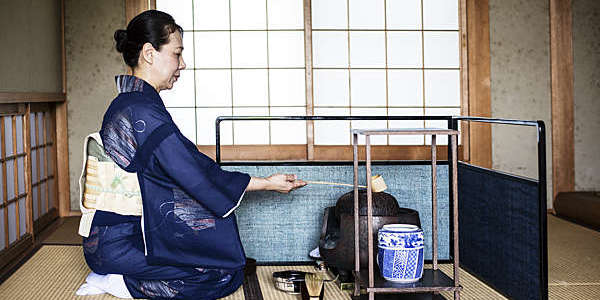Full of antioxidants and packed with anti-inflammatory and weight-loss properties, tea has as many health and well-being benefits as there are varieties and has been the staple beverage for millions of people over thousands of years.
With some 6.4 million tonnes of tea traded globally in 2019, a number expected to rise to 7.7 million tonnes by 2025, the tea industry is a big business that supports a large number of people in developing countries. Improving the tea value chain, then, through responsible and sustainable production, is a powerful way to support millions of lives and livelihoods. In this way, it can greatly contribute to some of the United Nations Sustainable Development Goals, such as reducing extreme poverty (Goal 1), fighting hunger (Goal 2), empowering women (Goal 5) and promoting the sustainable use of terrestrial ecosystems (Goal 15).

ISO has 30 International Standards, plus more in development, that can help to support this industry, and these goals, through improving quality and harmonizing the measurement of contents and substances to facilitate international trade.
These include standards for the determination of substances in tea, such as caffeine or polyphenols, definitions of various teas, such as green, black or white, and sampling procedures, with other standards under development including those for oolong, purple and matcha tea. All of which help to improve the quality of tea and create a level playing field for the entire supply chain.
Now I’ll drink to that!
ISO International Standards for tea are developed by the ISO technical committee ISO/TC 34, Food products, subcommittee SC 8, Tea, the secretariat of which is held jointly by BSI, ISO’s member for the UK, and SAC, ISO’s member for China. They are available from your national ISO member or through the ISO Store.
